Welcome Home! Everyone Here Has Some Beef With You

Photo credit: Jonathan Meyer
Tradition is (at least partly) about honoring the past, and holiday traditions are no exception. But some aspects of the past we’d rather just leave there. Others, even years later, can still make us long for resolution. Last year, Allies writer Isabel received a request from her ex-husband, who struggles with alcohol use, to be with her, their daughters, and Isabel’s parents over Christmas. Her reply, and the experiences that followed, gave Isabel a chance to reflect on all that she’s learned and tried to apply concerning CRAFT.
My Loved One is my ex-husband, the father of my two young-adult children. He’s from another country and this Christmas asked if he could join me and my folks (and our children) for the holidays. After checking with everyone, I gave him the green light.
But the reality is that he arrived in a household where everyone’s got some beef with him. He drank for 15+ years without even admitting that he had a problem, and finally went to his first inpatient treatment program last summer. He has already relapsed three times in the last six months.
The Players
Our eldest daughter (21) lives in the same country as he does, and for years after our divorce, felt she had to “carry” him, be his stand-in therapist/wife/life coach. Just six weeks ago, following a weekend of heavy drinking in her presence, he begged her not to tell me of the relapse, as he feared being uninvited for the holidays. Not being able to be with us for the holidays, he told our daughter, would push him to suicide.
Our younger daughter (19) lives in the States, and part of her moving here was clearly to get space from her dad and his antics/addiction. She keeps her distance from him and seems to have slowly built up a protective sheath so that she doesn’t become too upset with his ups, downs, and disappointing or offensive behavior.
We have been divorced for 10 years, though we did have a couple of unsuccessful attempts at getting back together. I have been applying CRAFT with him for several years now, but sometimes that feels like drops in a bucket since we no longer live together or share a life. I try to let go of my anger towards him, but every time he behaves inappropriately with our children (or puts their mental health in peril, like threatening suicide if they share his secrets), I feel the anger rear up again.
My parents have always loved him, but they have also become wary after everything my daughters and I have reported over the years. They feel protective of their granddaughters, mystified by the myriad crises and ways he has let us all down. And yet they also enjoy connecting with him.
The Feelings and Questions
Here’s a non-exhaustive list of what we’re (collectively) feeling towards him:
- “Just leave us alone to enjoy the holidays without the drama!”
- “OK, so you’re sober. Does that mean you’re going to be the dad I need you to be now?
- “OK, so you’re sober. So maybe now’s a good time for me to tell you EVERYTHING I’ve been feeling.”
- “I can’t handle one more transgression. My patience has been used up.”
- “Pay attention to us. We see you but you’re not here.”
- “I’m not sure you even deserve to be here with us.”
- “Why should I be supporting you when you haven’t been supporting me?”
- “Enough with the chain smoking. Aren’t you supposed to be taking care of yourself now?”
- “What kind of relationship is even possible with you?”
- “Ummm, aren’t you going to help with the dishes?”
The CRAFT stance
It’s been a real journey to integrate CRAFT into my family’s reality. I’m also the only one in my family who has learned CRAFT principles, so I’m often the one to remind my kids, or my parents, of ways in which we can be more supportive. But I, too, need regular reminders, as most of us do. Here are some of the key points I keep returning to:
- Put your laundry list aside for now and come back to this moment.
One of the reasons CRAFT works as well as it does is because we meet our Loved One here. In this moment. Where they are now. We’re either coming in closer because they’re not using right now, or stepping away because they are using/about to use/still hung over.This basic choice simply can’t work if our perception is clouded by resentment for previous wrongs or expectations for the future. Be here now. You can learn more about being present and emotionally self-regulated in Allies’ eLearning Modules 3 and 4.
- Be there for yourself. Find others to support you when your Loved One can’t.
We caregivers and family members have needs which are just as valid and deep as those of our Loved Ones. Their situations may feel more urgent, more life-or-death than ours, but we still need what we need.It’s just human nature for us to be more than ready for them to step up to the plate and (finally) be there for us, after all those years we’ve been there for them. And they may well get there.
But once they’re in recovery, our Loved Ones may take a (long) while to build up the social skills, communication skills, and maturity that they’ve lacked. Until they’re truly ready, and even afterwards, we must continue to grant ourselves attention, respect, time, and other forms of care; and to keep seeking help and support from people who are ready and available to provide it. Self-care is an absolutely vital part of caring for our Loved Ones, and we devote a lot of attention to it at Allies in Recovery.
- Their demons may still be just under the surface. And the journey will be long.
Especially during early sobriety, there is often a huge disconnect between our expectations and where our Loved One actually is.Often, it’s safe to assume that our Loved One is still battling their demons on an almost 24-hour basis. They haven’t used today? Amazing. They’re winning the battle today. But when you scratch the surface of their equilibrium, you’re likely to discover that those demons are still there, in hoards. The emotions are raw and overwhelming (because the substances aren’t there to numb them). Guilt is rearing its head. There may also be plentiful physical discomfort in the form of cravings, fatigue, lethargy, trembling, or muscle aches.
We must recognize that this is a true journey, not a switch someone turns on or off. A huge tenet of CRAFT is to engage your Loved One with more possibilities for treatment. More offerings. More professional support. More peer support. To constantly update that list with appropriate, accessible options of all sorts, so that our Loved One feels they have choices.
Print out that list each time there’s a modification. Keep it in your back pocket (or in the kitchen, in your purse…) and each time there’s a wish or dip expressed, gently step in with compassion, and a firm commitment to helping them access more support.
Here’s to a New Year in which we all progress and find more harmony, paying close attention to our own needs and learning to listen to and support our Loved Ones in new ways.

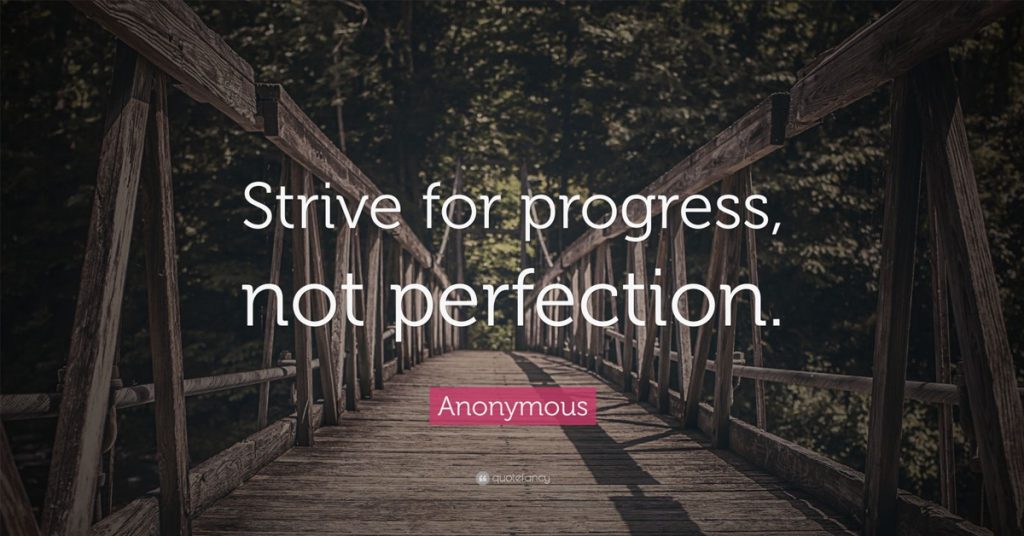




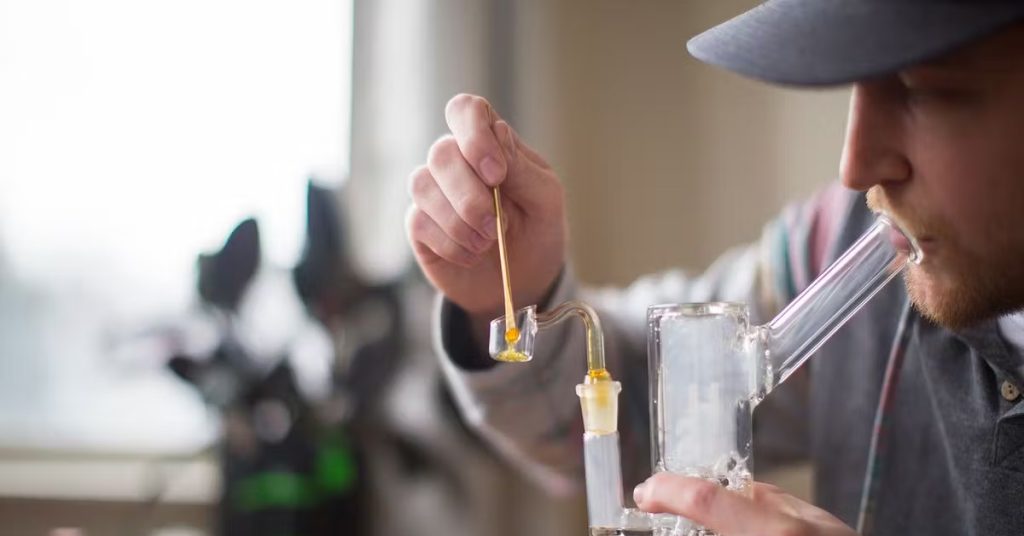



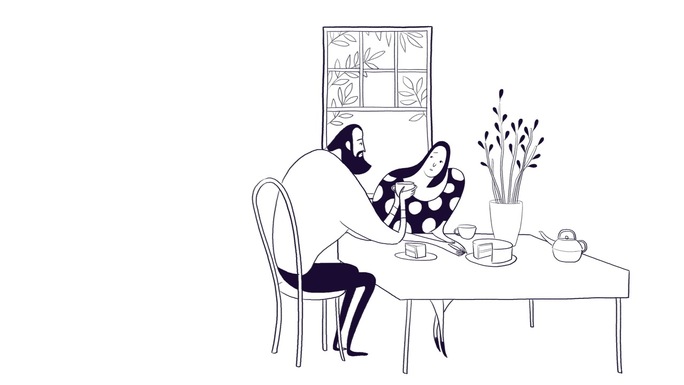
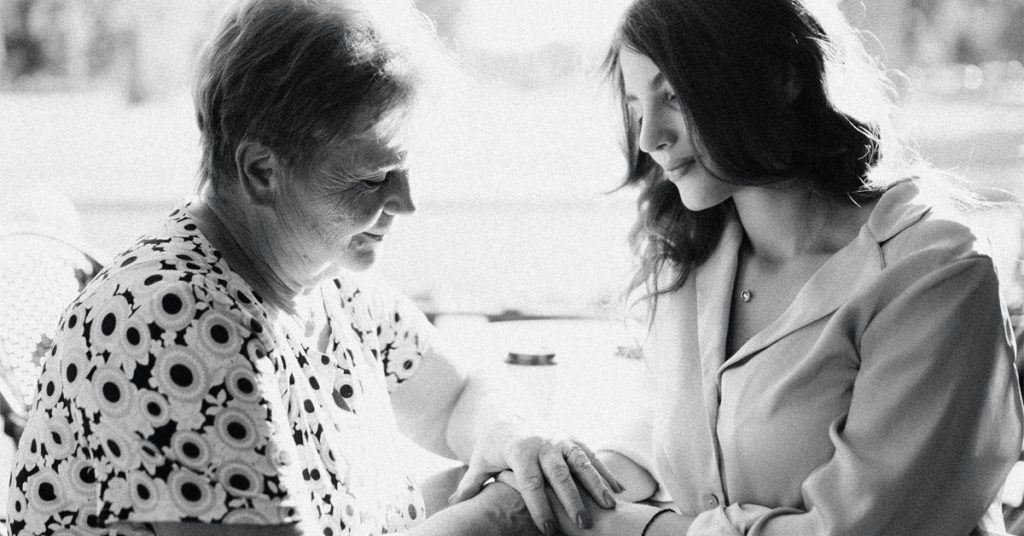


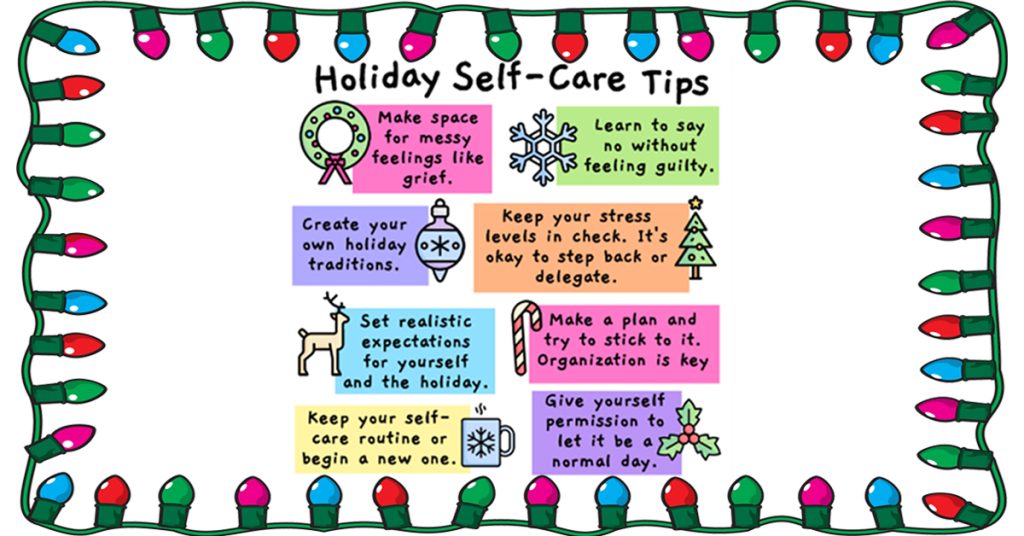





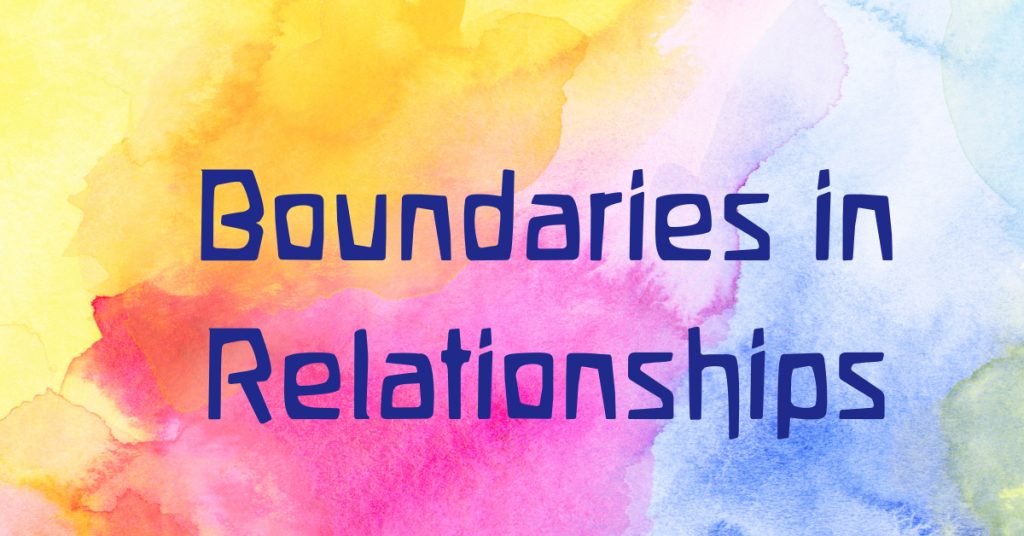

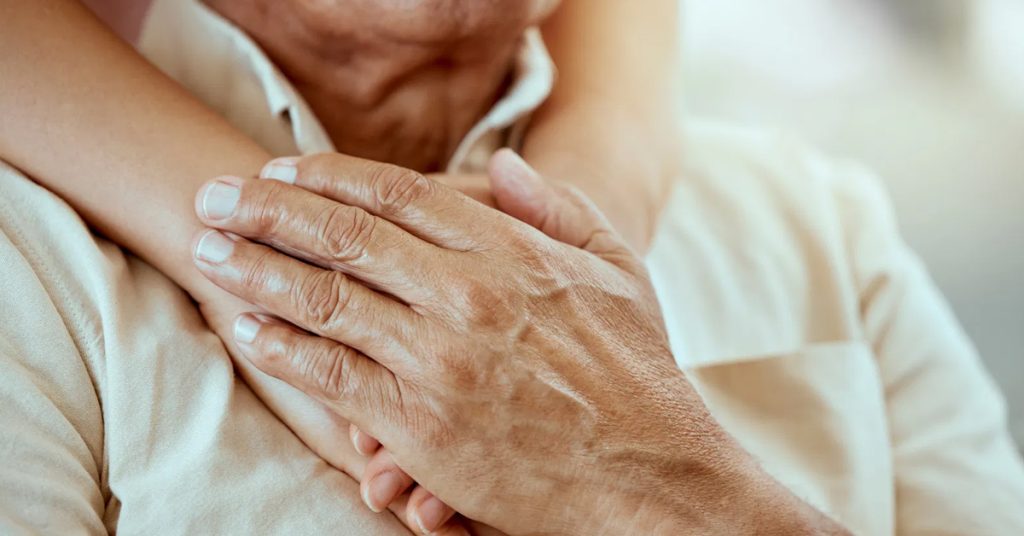
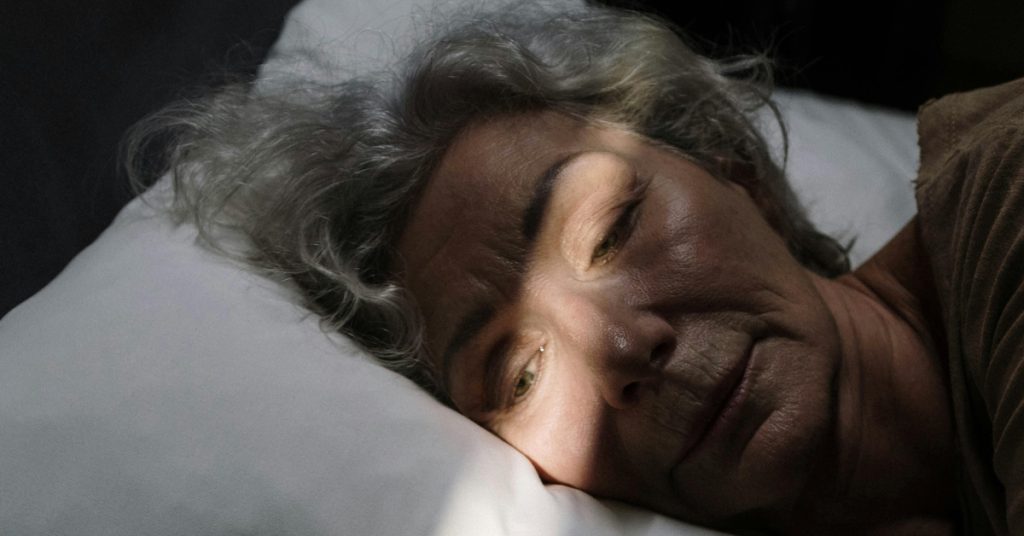
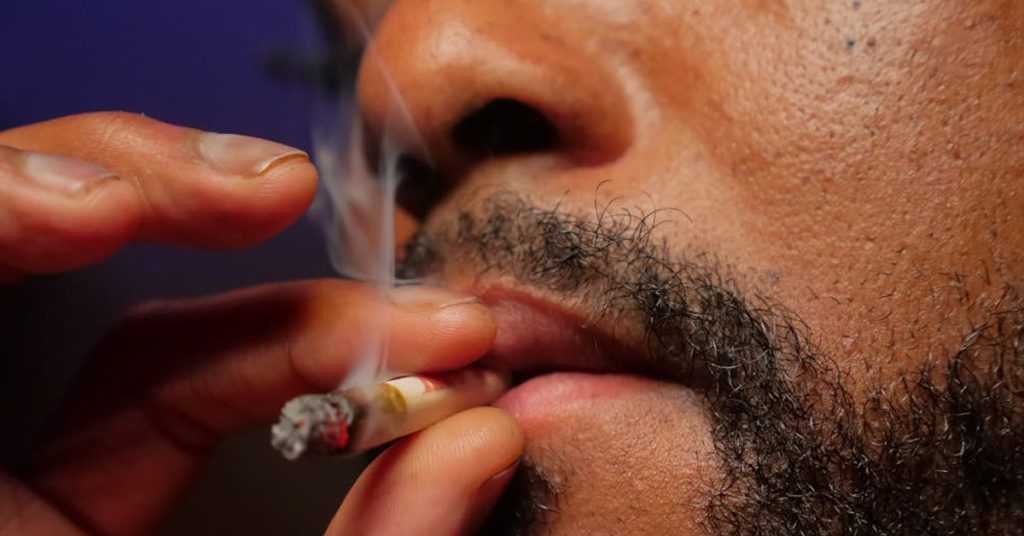

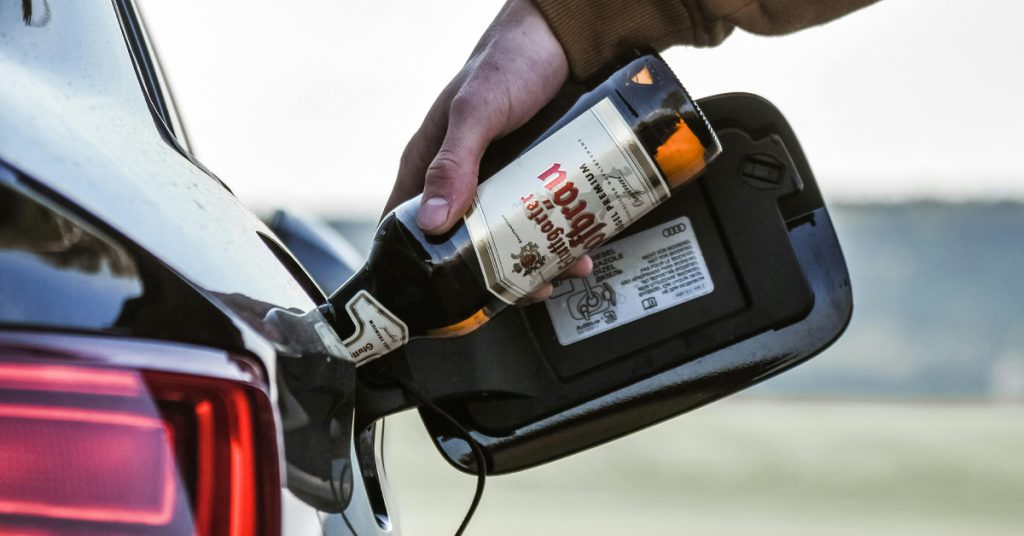
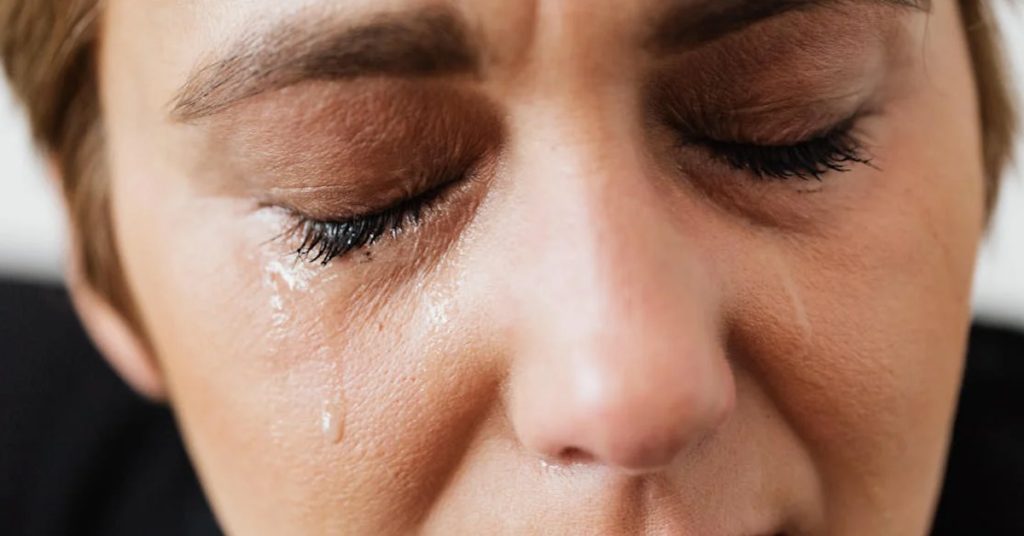

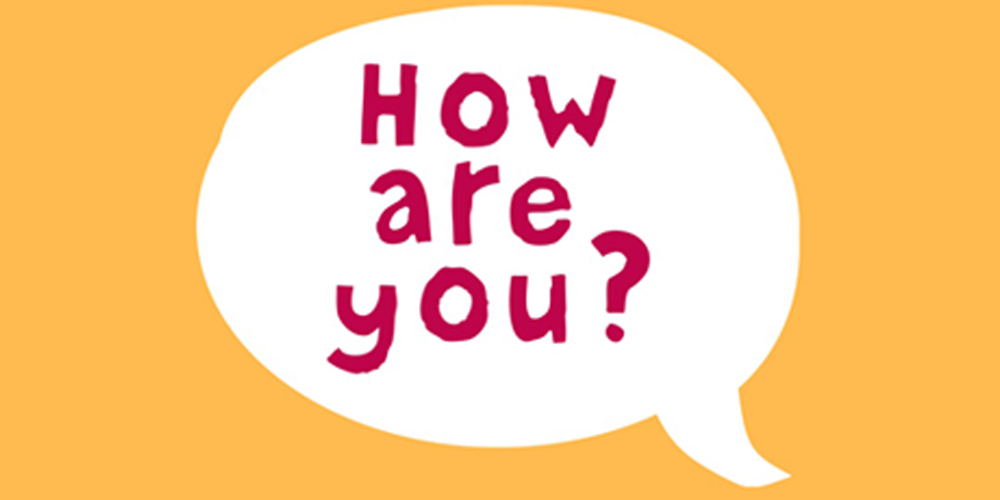
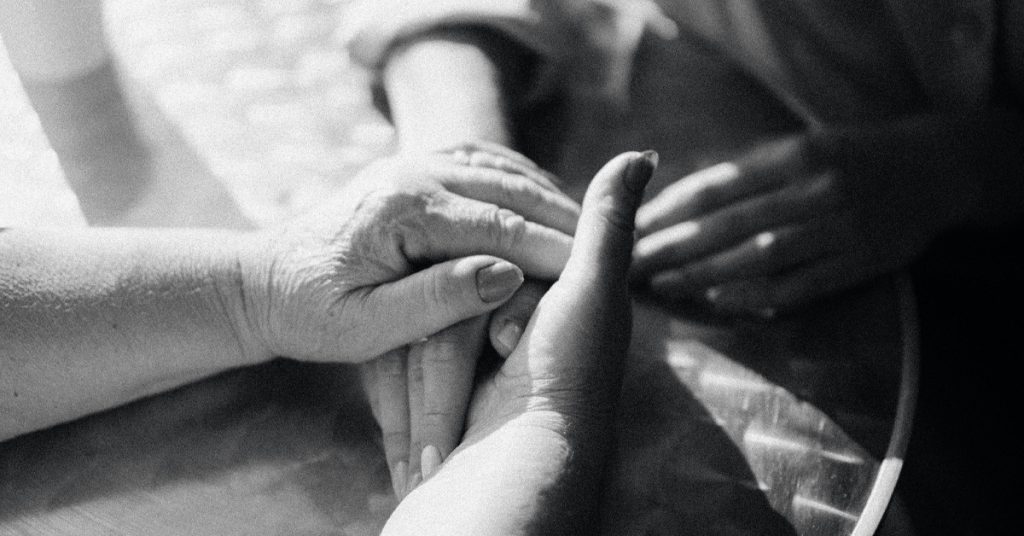
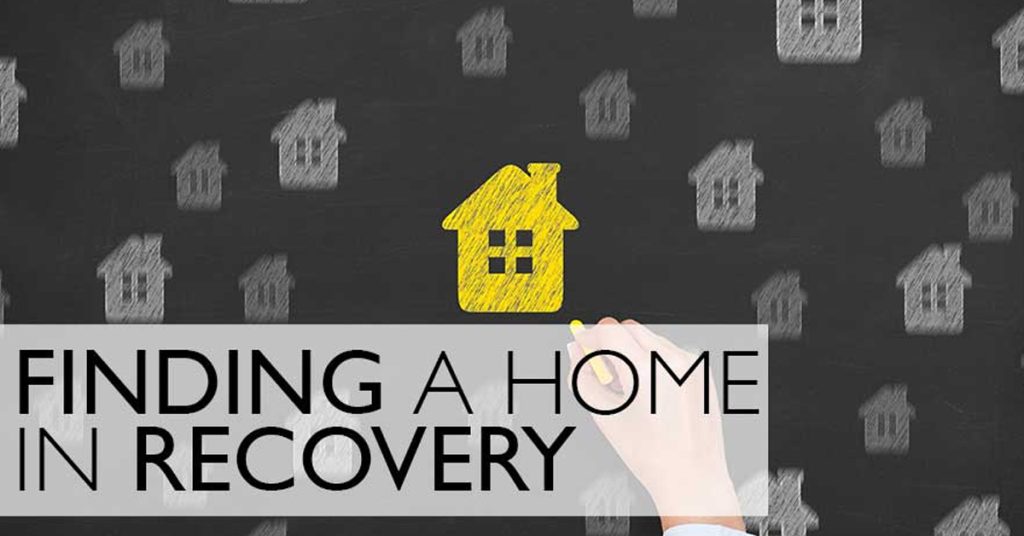
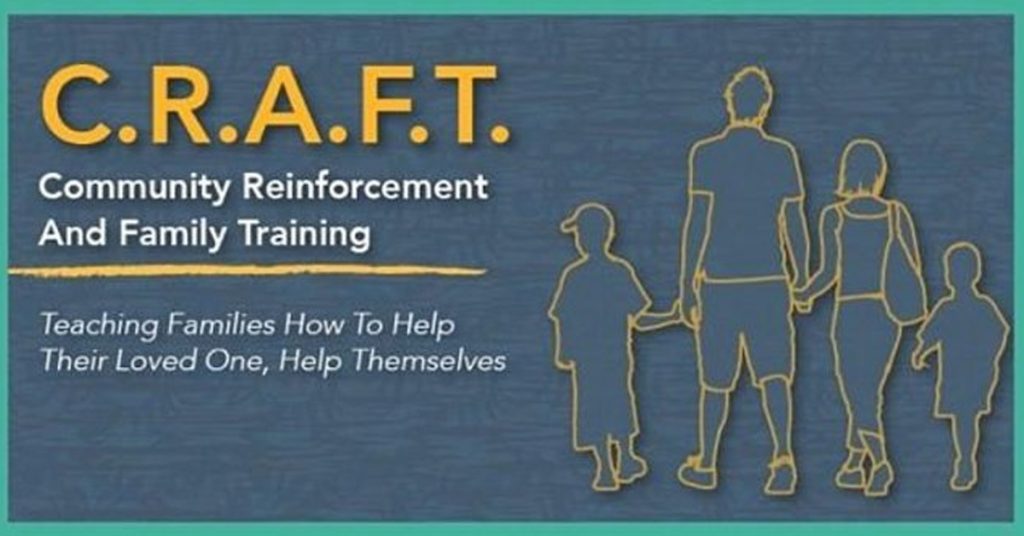
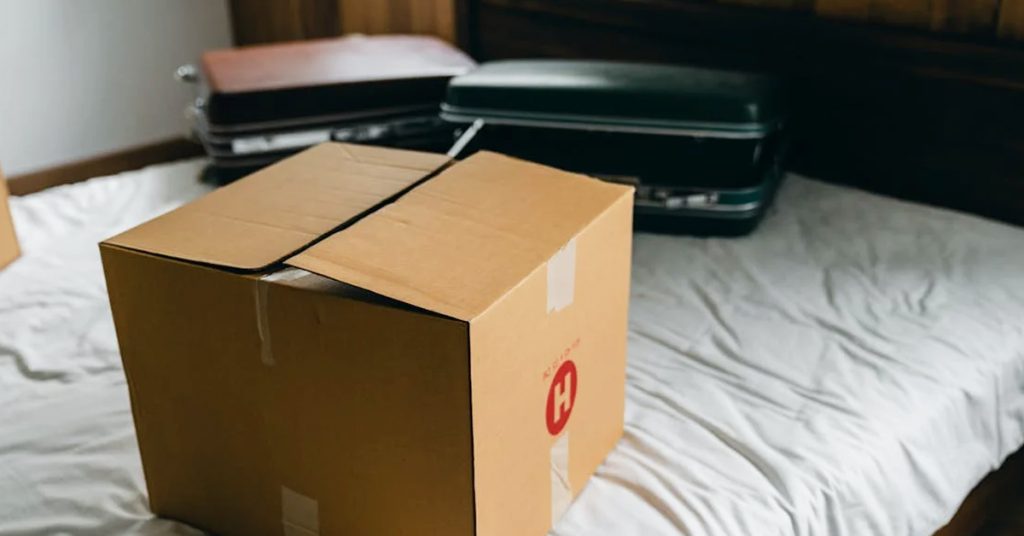

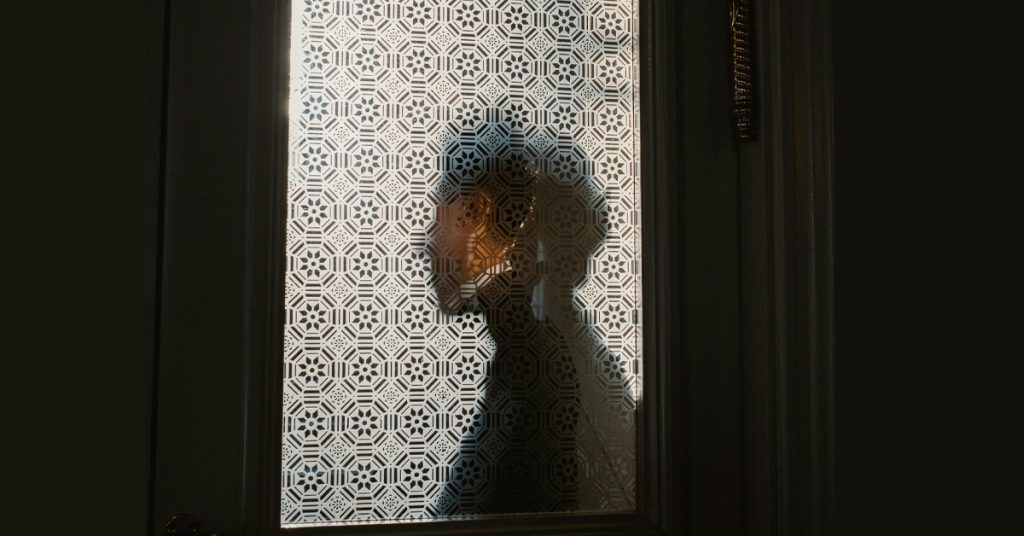
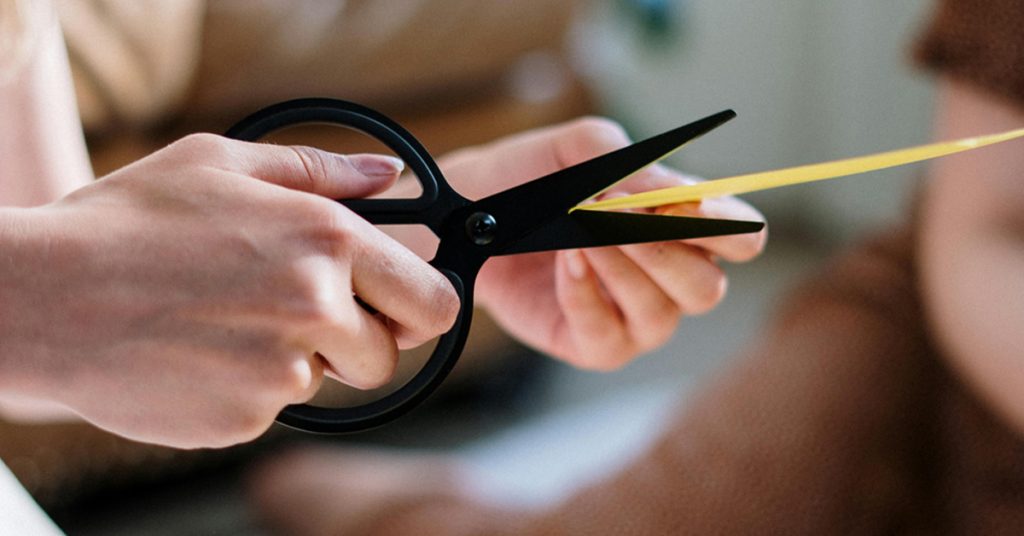

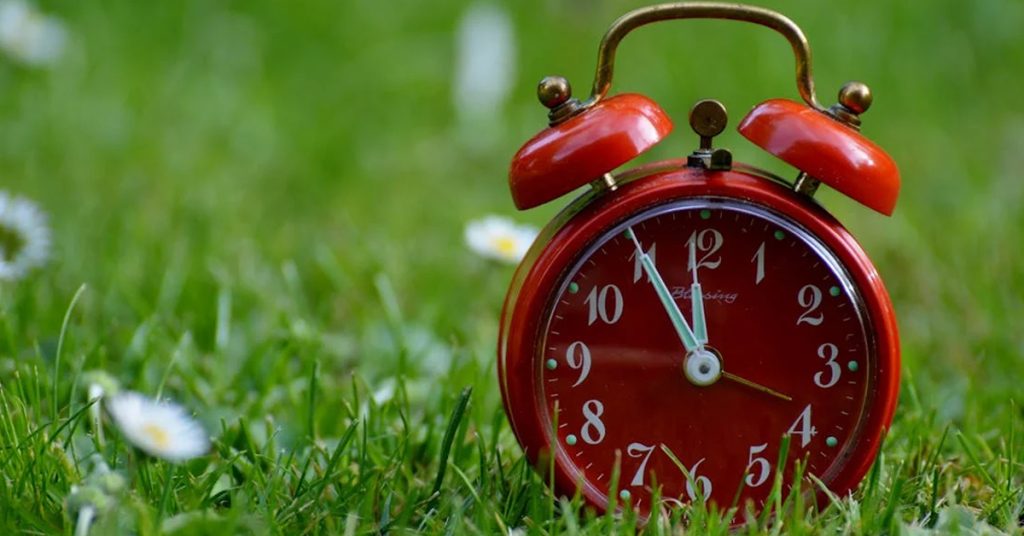

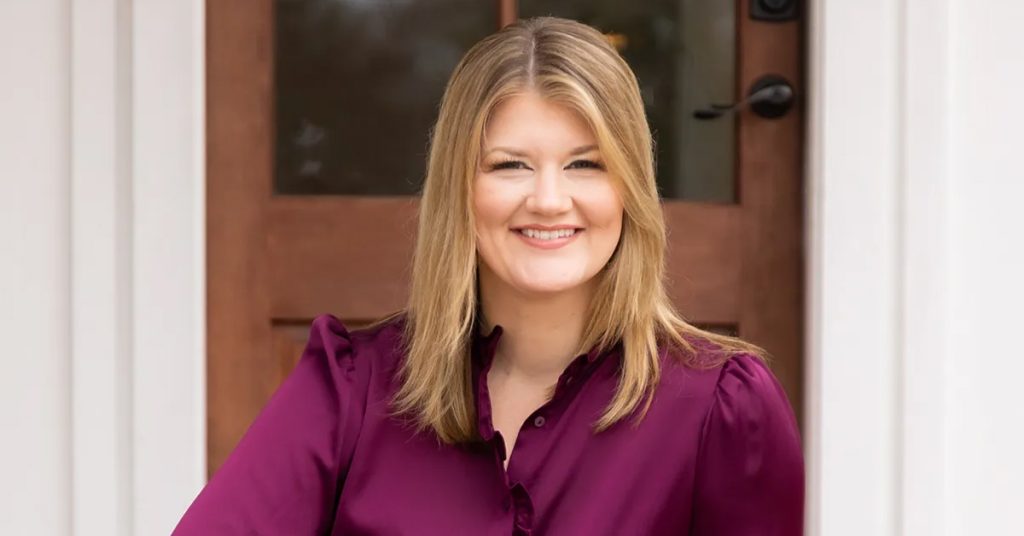
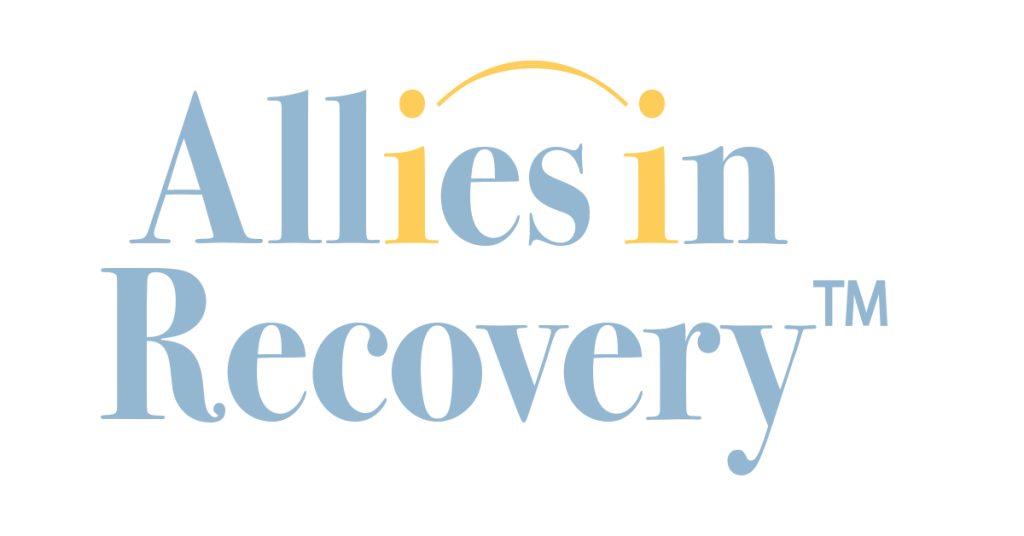

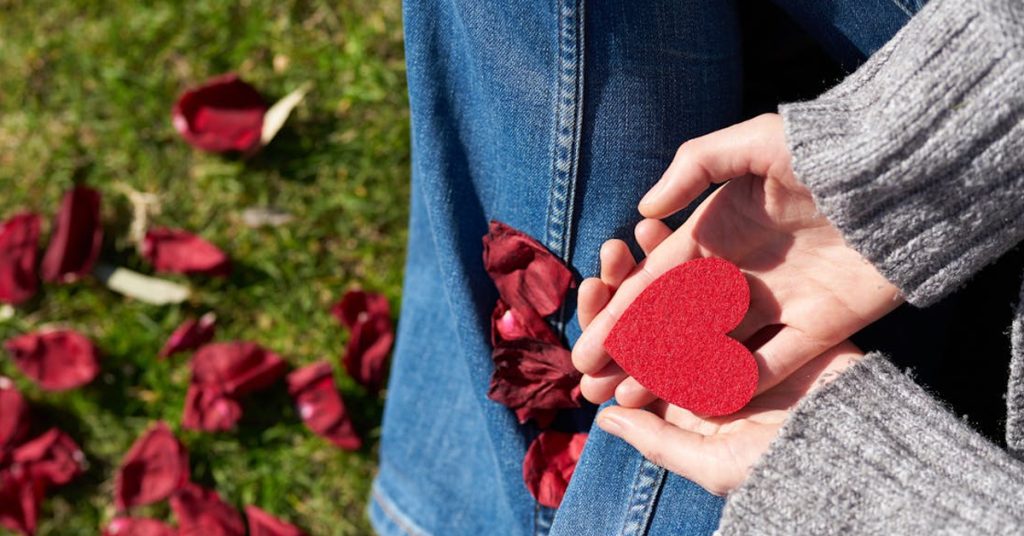
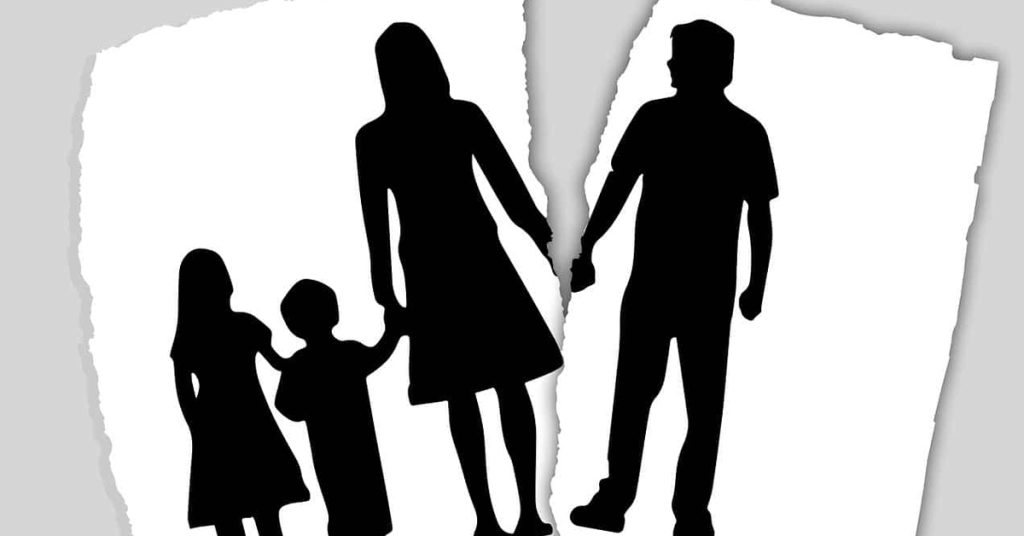
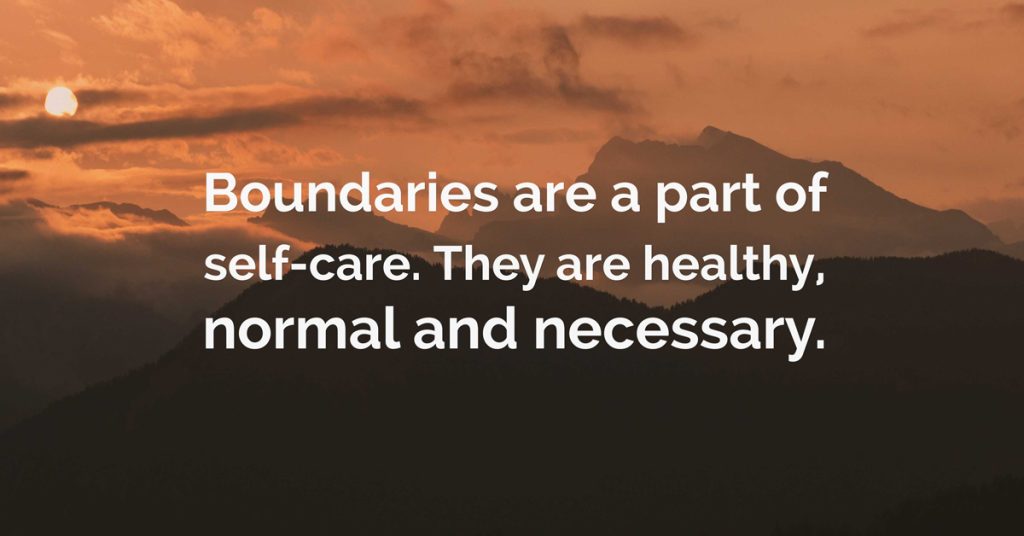
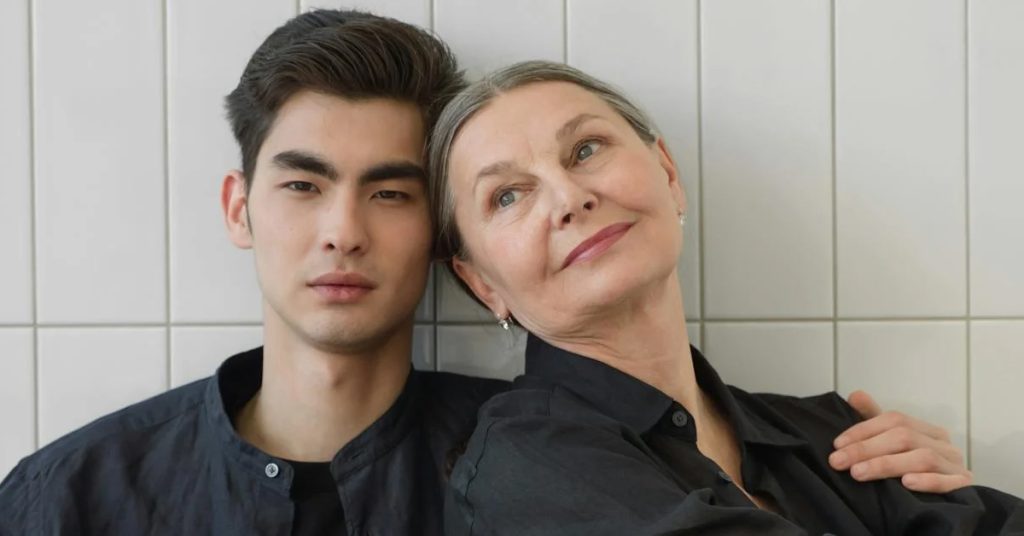


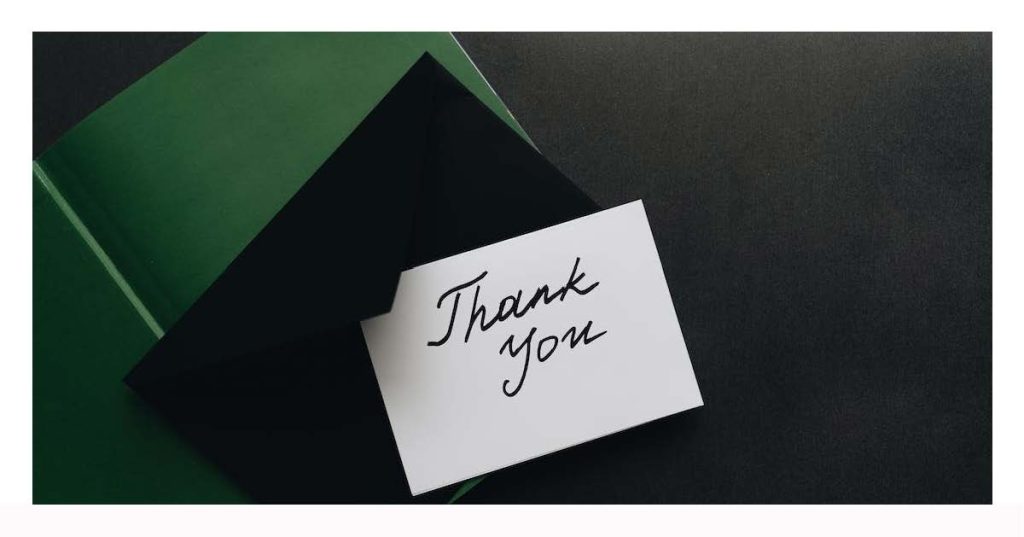
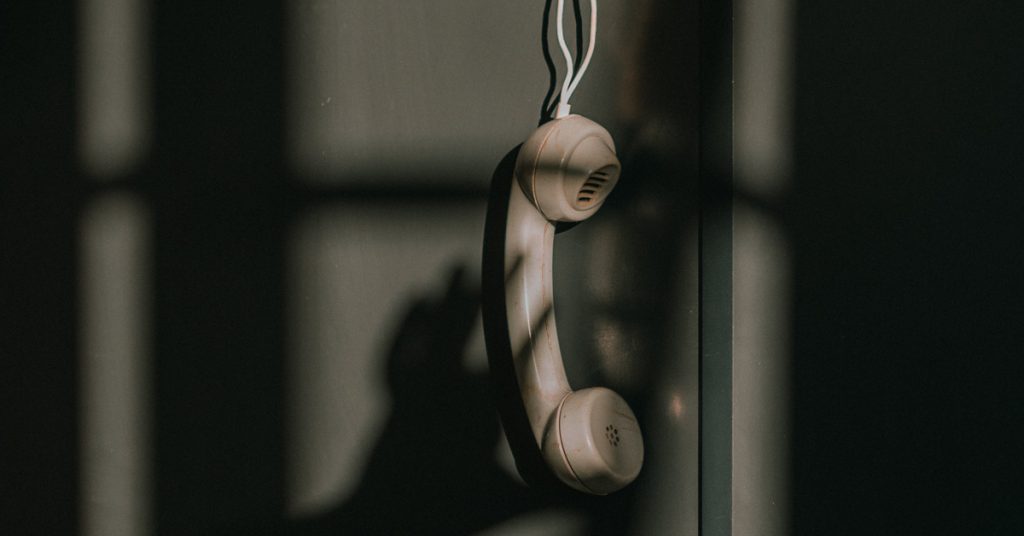
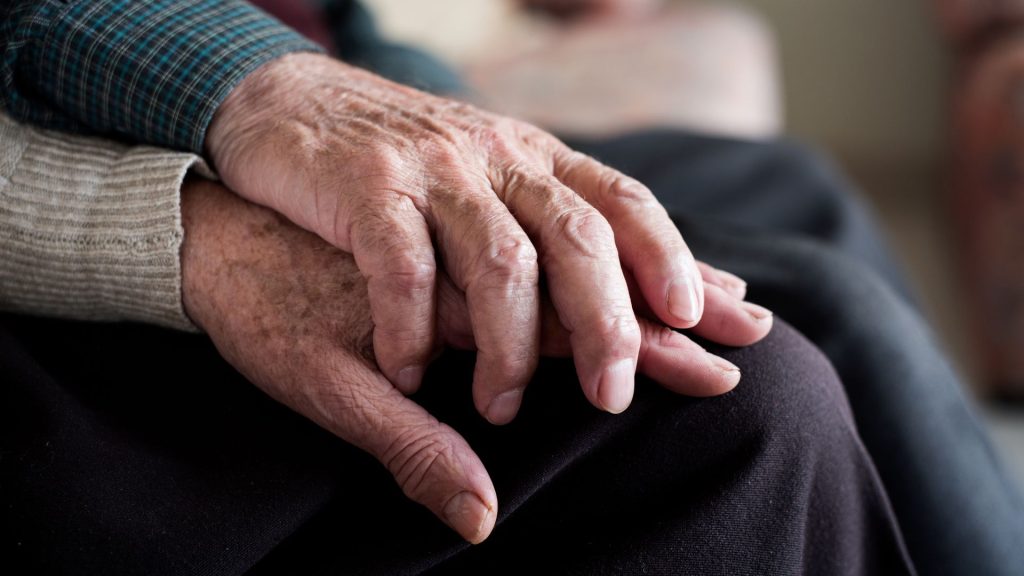

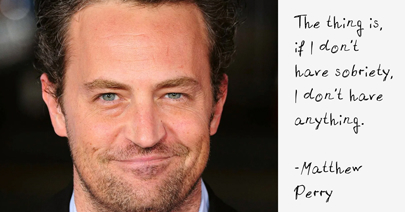



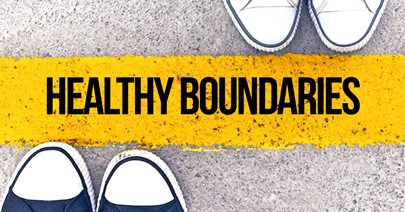

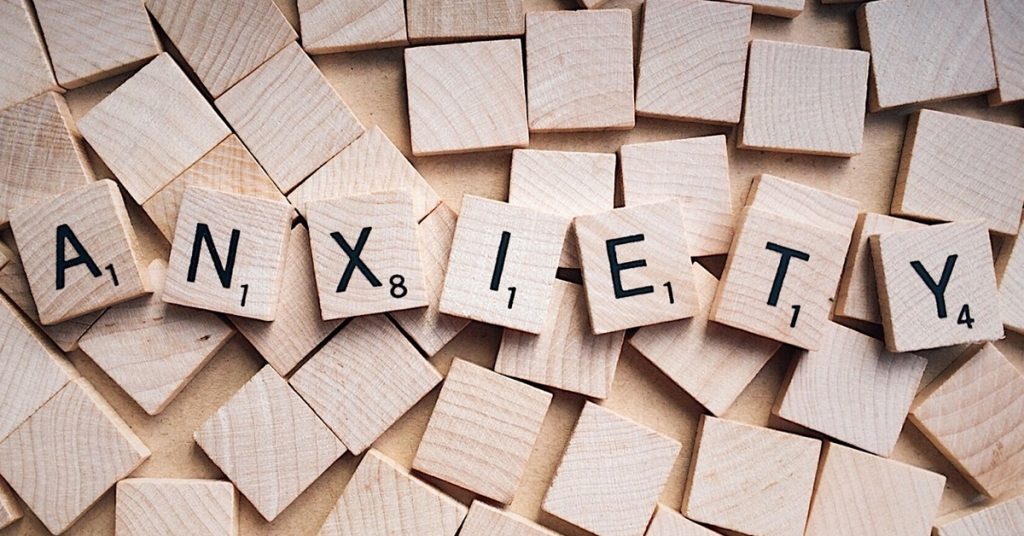
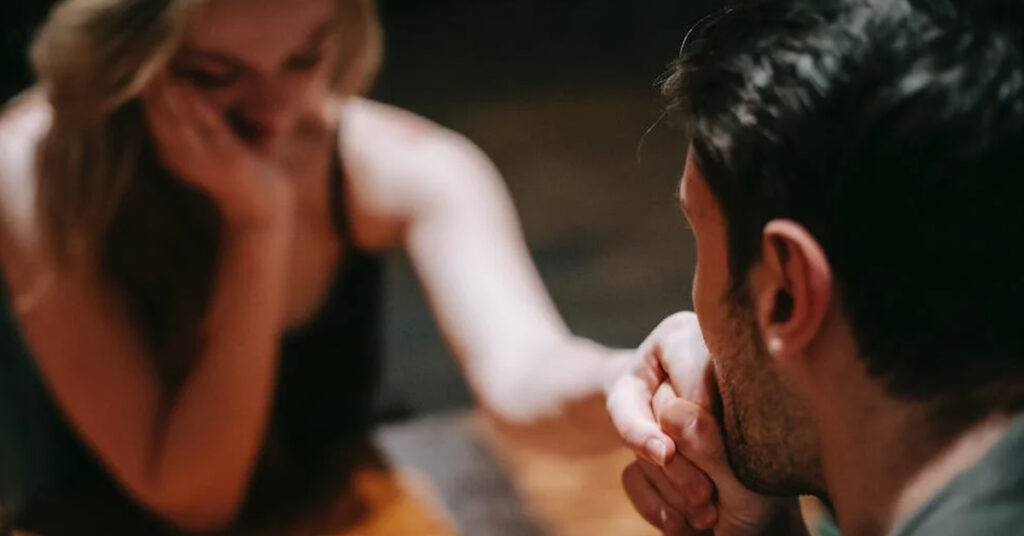
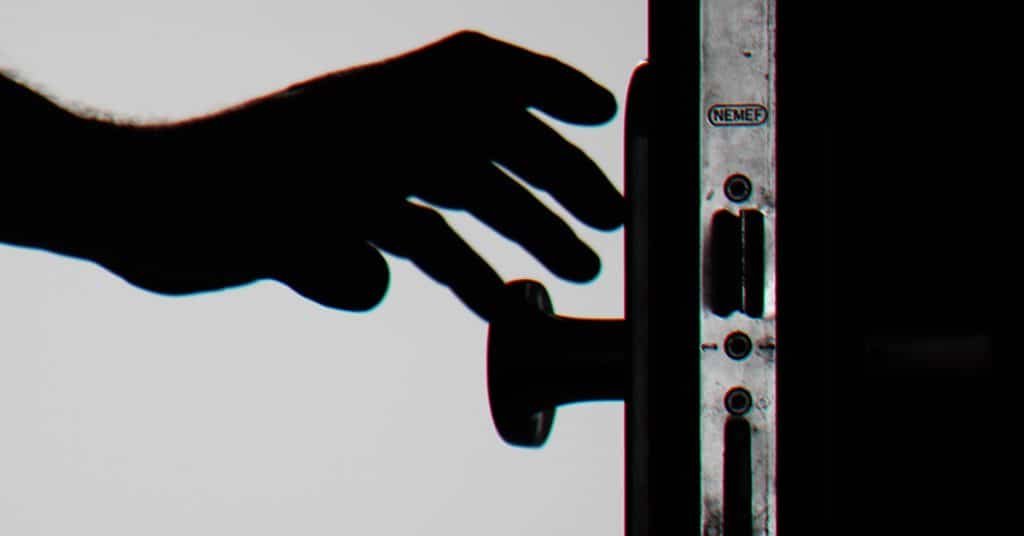
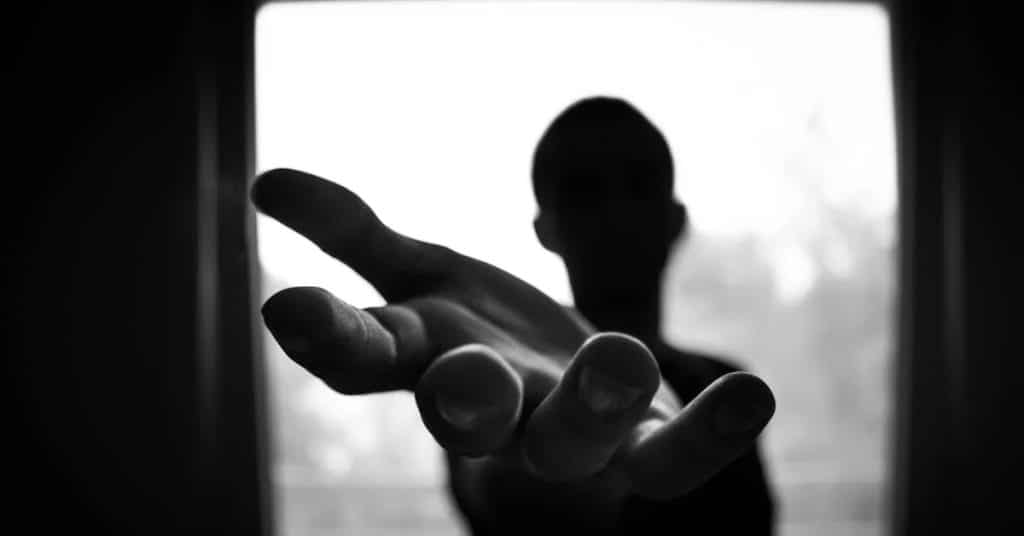


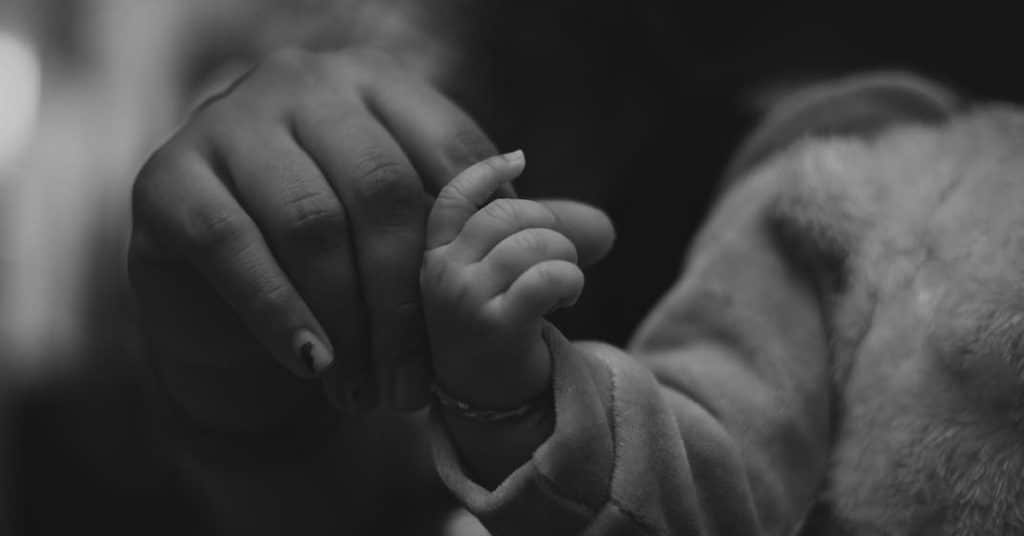
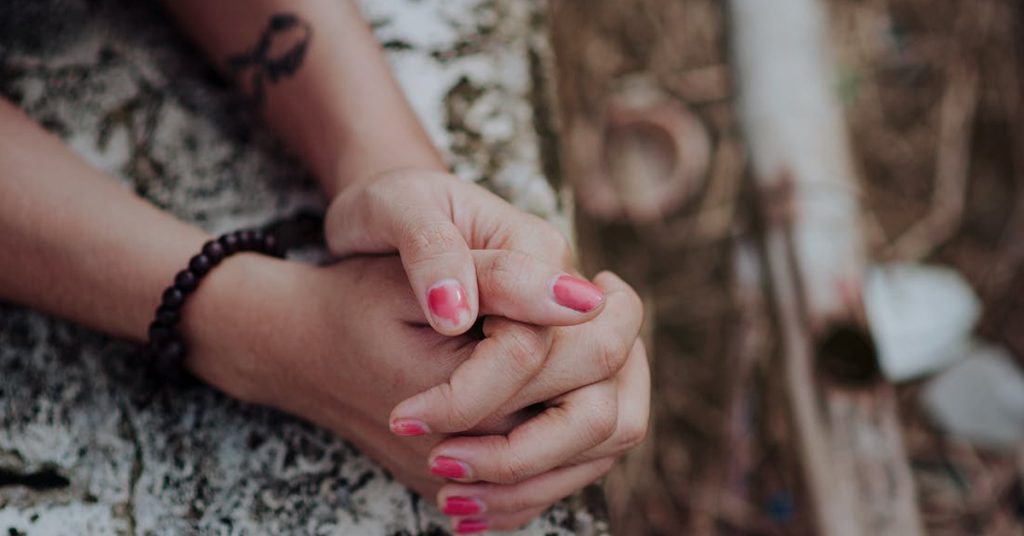
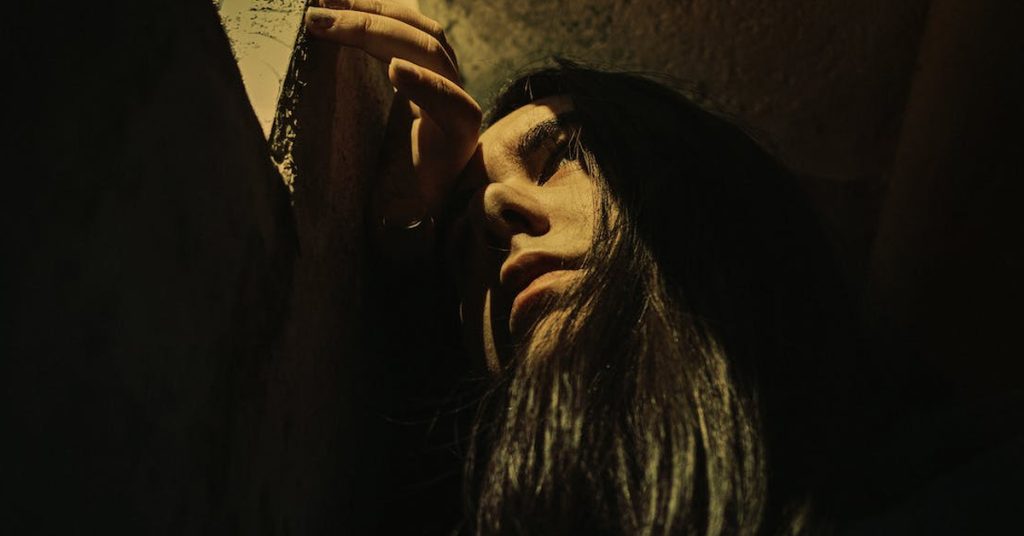
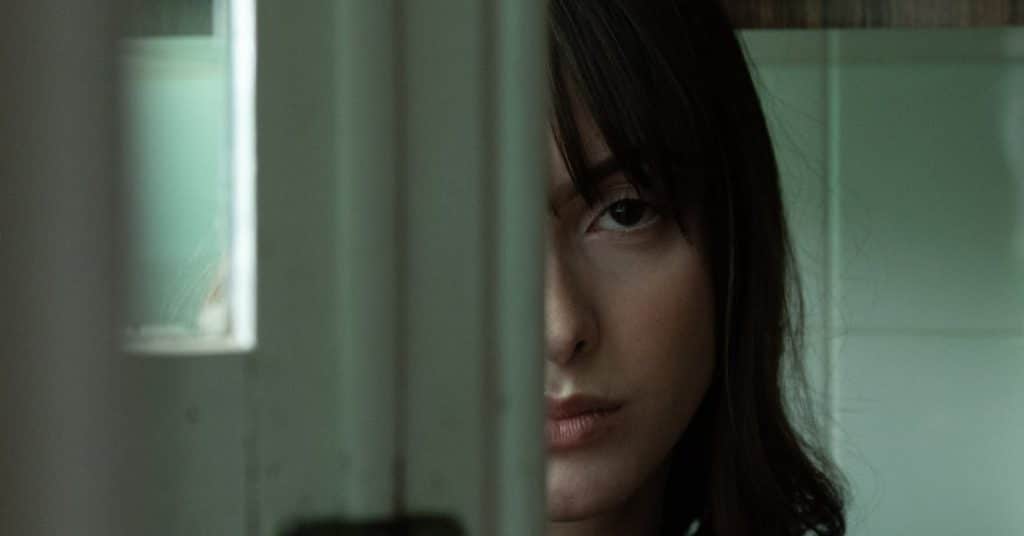
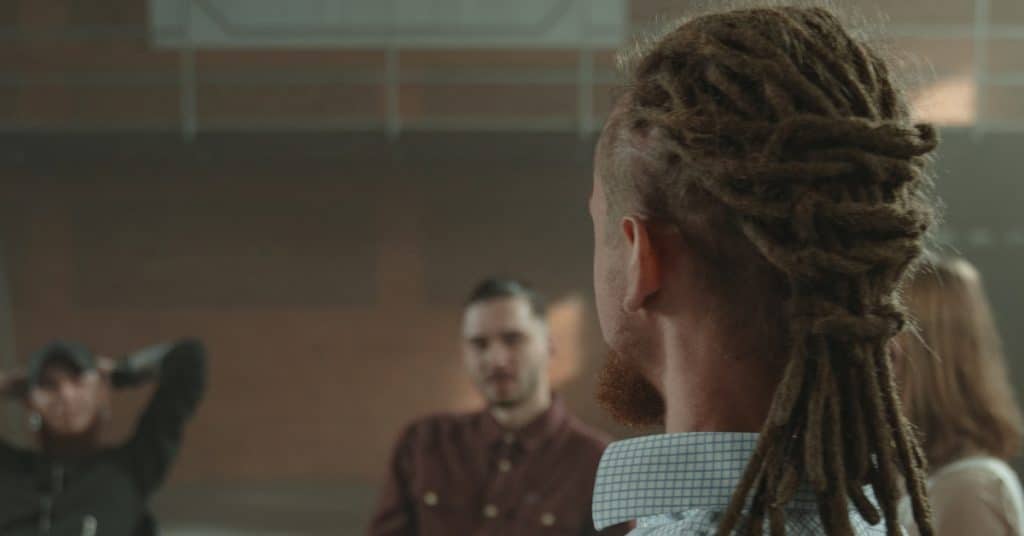



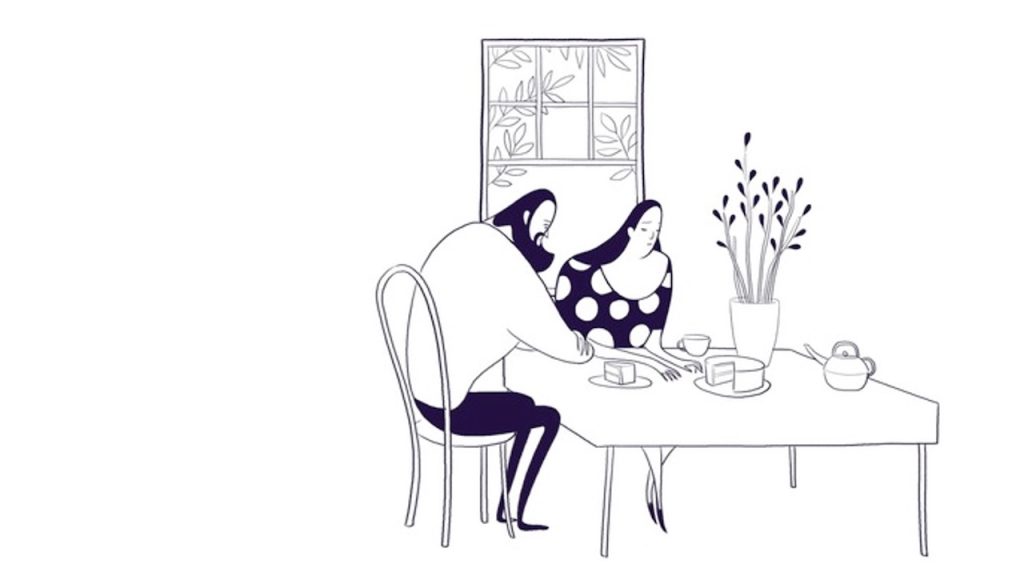



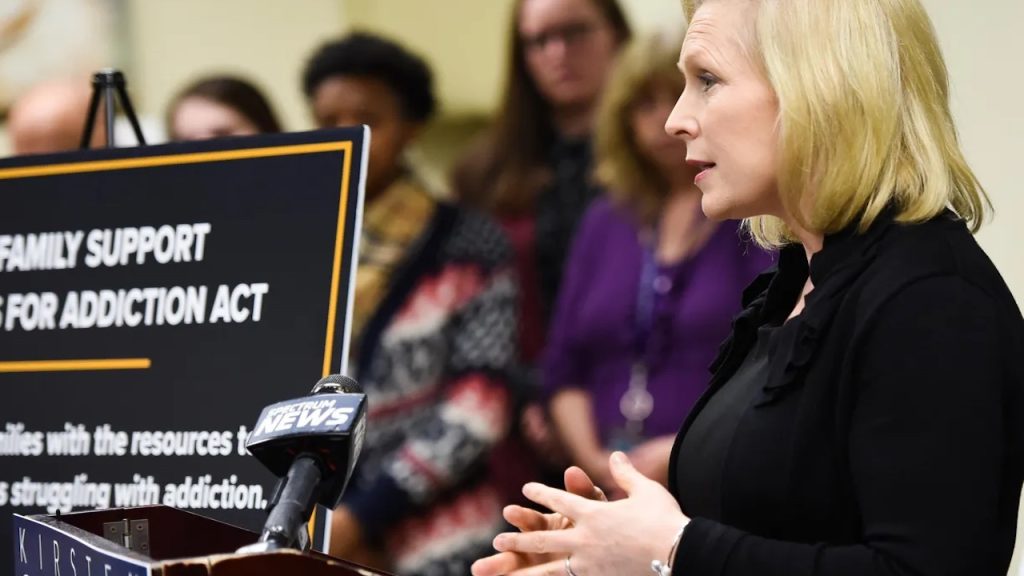

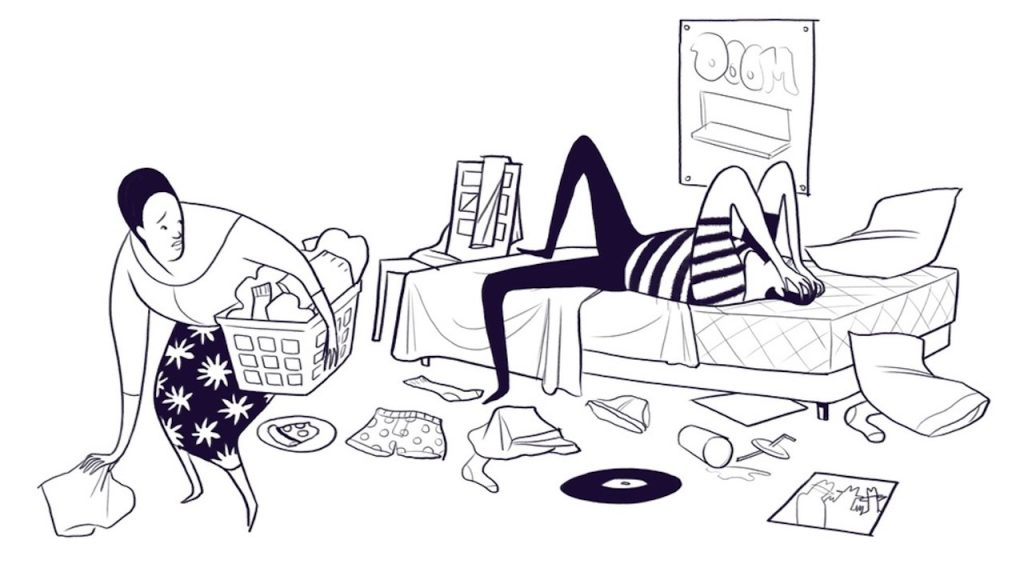
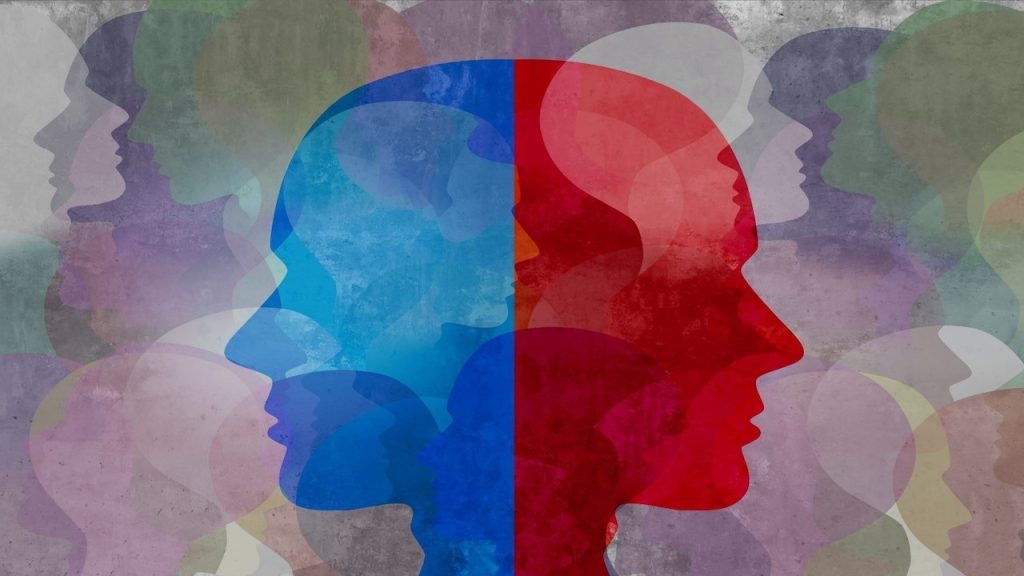

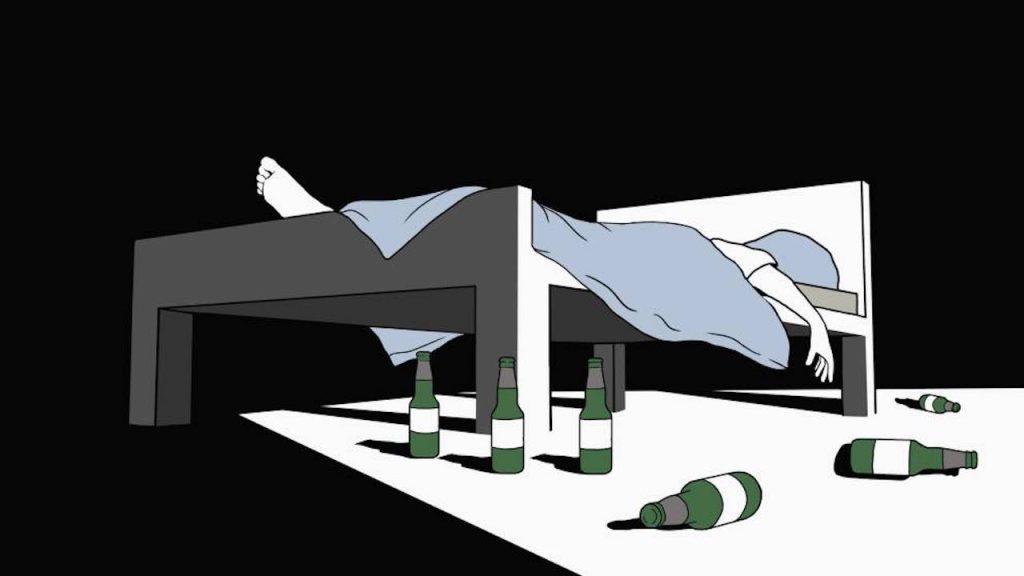



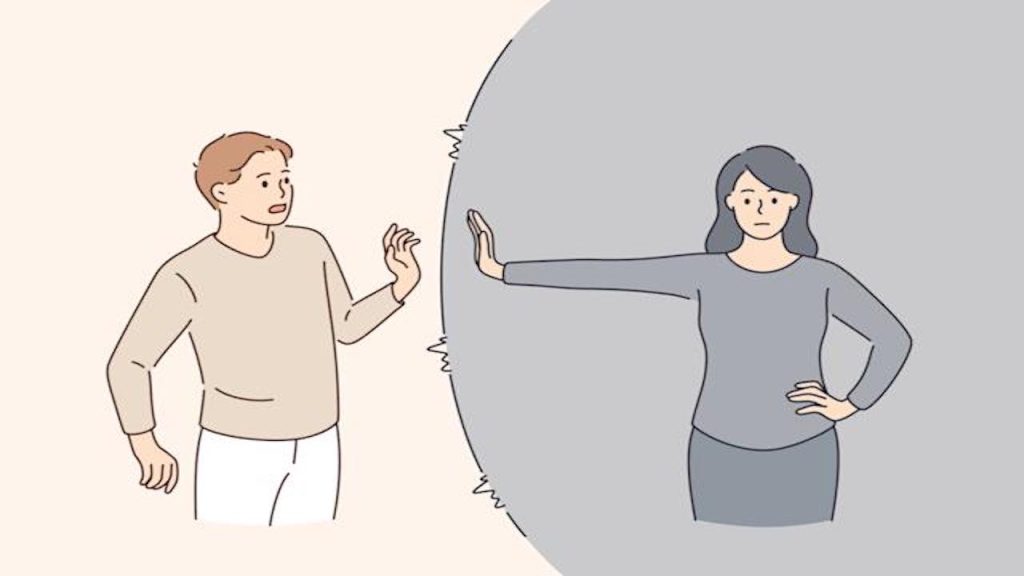

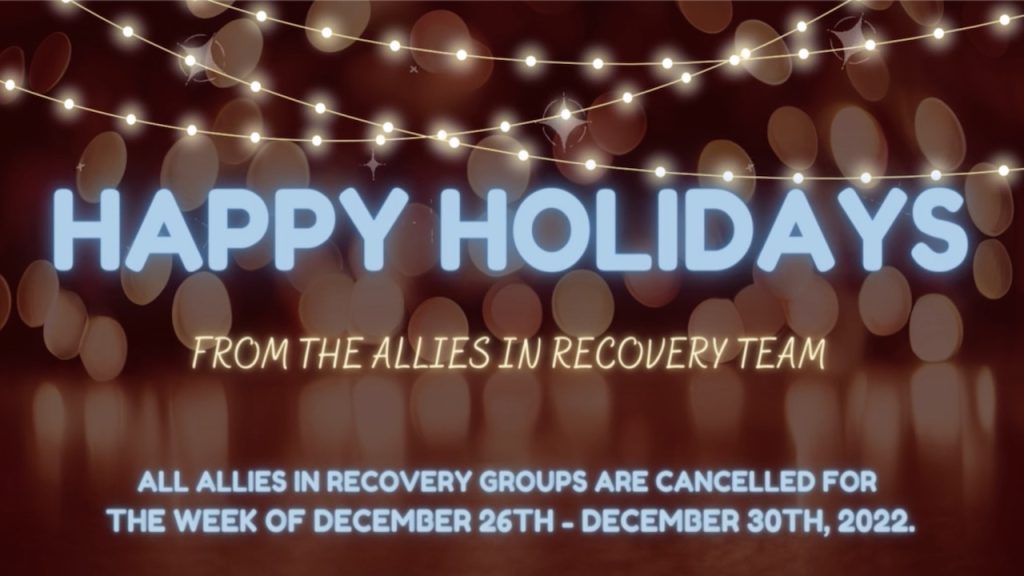
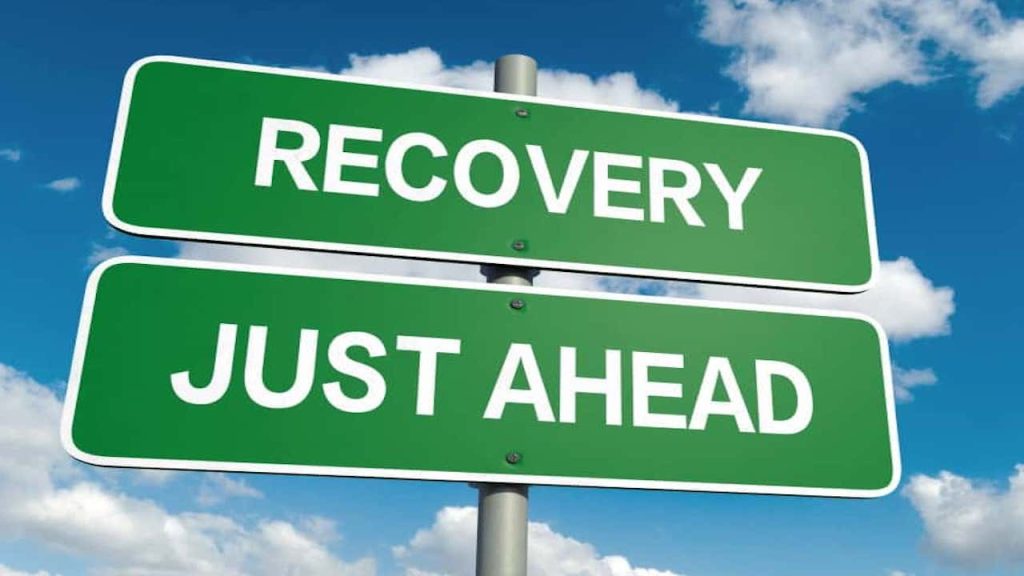


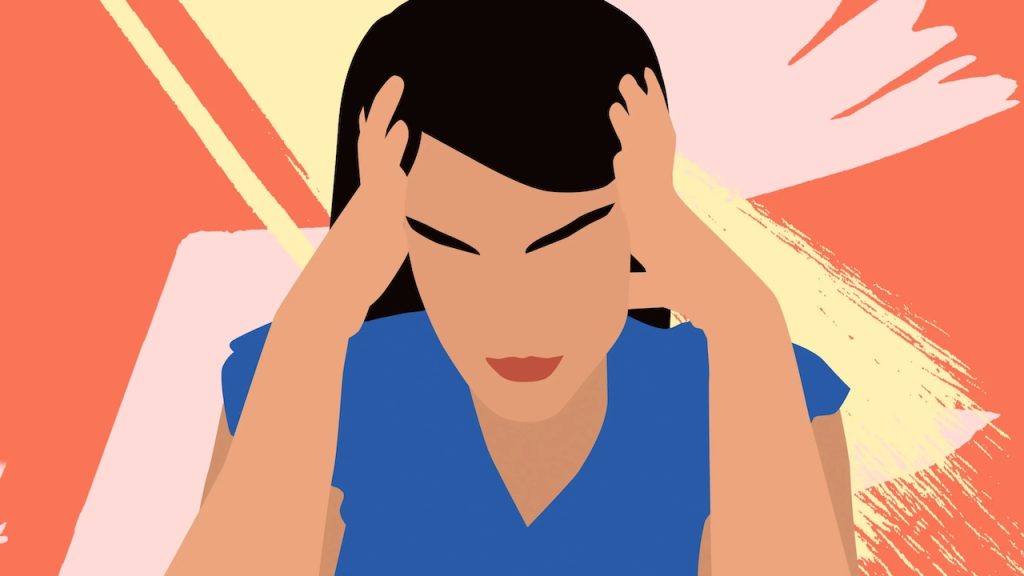
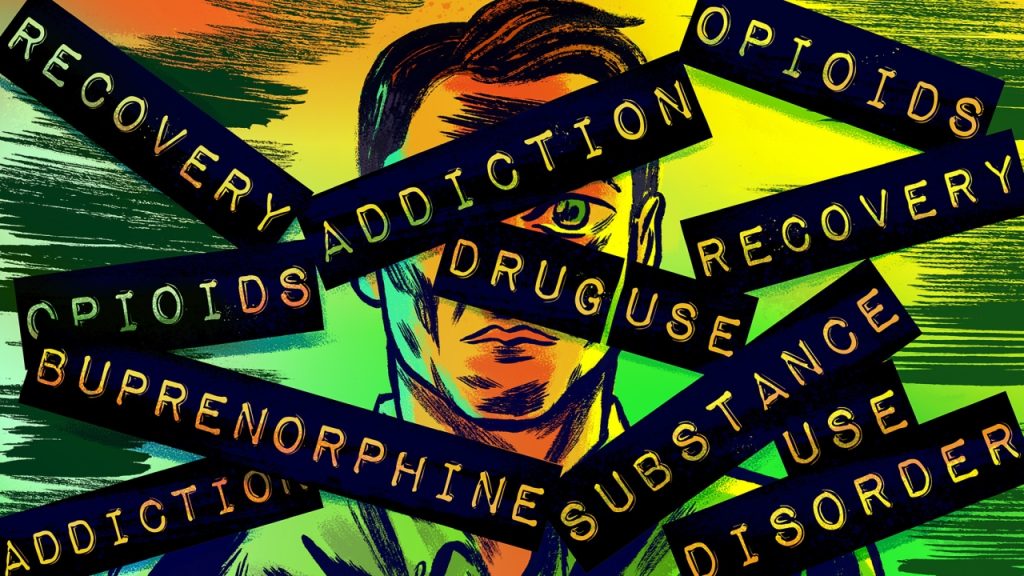



LEAVE A COMMENT / ASK A QUESTION
In your comments, please show respect for each other and do not give advice. Please consider that your choice of words has the power to reduce stigma and change opinions (ie, "person struggling with substance use" vs. "addict", "use" vs. "abuse"...)